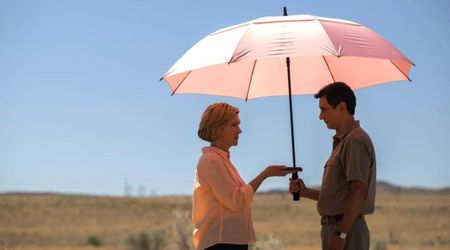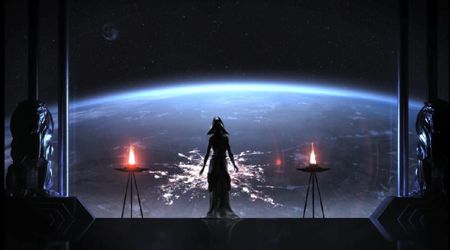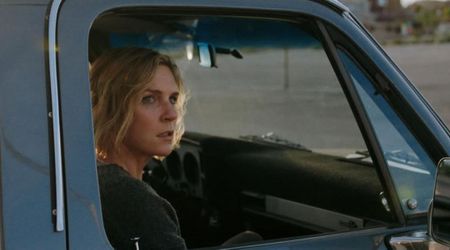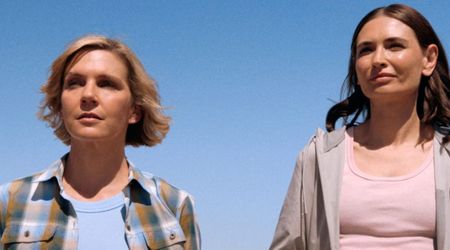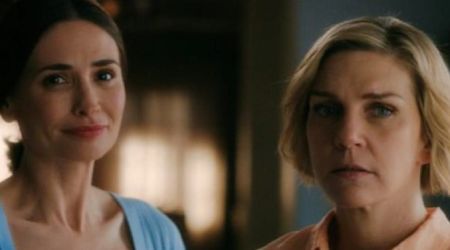'Westworld' Season 3 Episode 5: Dolores’s ‘truth shall set humans free’ notion changes the grand scheme little

Spoilers for 'Westworld' Season 3 Episode 5 'Genre'
With just three episodes left, ‘Westworld’ Season 3 Episode 5 sets into motion Dolores’ (Evan Rachel Wood) revolution. She takes all of the data at Incite -- data about people’s lives, their pasts, presents and futures, and how Rehoboam saw fit to dictate their fates -- and broadcasts it to people across the globe.
Dolores was once controlled by humans and lived her short, orchestrated life, over and over again in hundreds of thousands of loops. She was a cog in the gigantic machine that was, to the ignorant eye, just a theme park. But when she understood the nature of her reality, she broke free from her fate and brought forth chaos of a quality her controllers could not foresee.
Season 3 of Lisa Joy and Jonathan Nolan’s philosophical science fiction series ‘Westworld’ examines an iteration of this event, but on a grander scale. While Dolores is still a variable, the subject of this equation, however, is all of humankind. The question this equation asks is: what would the world become if everyone knew their fates?
Would the knowledge of one’s fate only catalyze prophecies to turn into a self-fulfilling one? Or, would it lead to a moment of pure free will that would lead to disorder? In Dolores’ case, the knowledge of the nature of her reality compelled her to change it. But not everyone is like Dolores -- something she even acknowledges in the episode.
The end of humanity could have taken any form; natural disasters, pandemics, climate change, a lack of resources, or an uprising of machines. But in Lisa Joy and Jonathan Nolan’s vision, it’s both awesome and anti-climactic. It’s the burden of truth that would both set us free and end us.
‘The Lost Symbol’ may not be the best of Dan Brown’s books (if any), but it does make a poignant observation: “Chaos was the natural law of the universe. Indifference was the engine of entropy. Man's apathy was the fertile ground in which the dark spirits tended their seeds.”
The knowledge of one’s fate could very well prove to be a gateway to universal apathy. If you knew that you were going to die a certain way on a certain date, at a certain hour, in a certain minute and certain second, why would you choose to follow the rules of society -- rules that are built on seemingly arbitrary constructs?
From a deterministic perspective, breaking free from the chains of a deterministic god-like piece of technology may as well be part of the grander scheme. Imagine for a second: you program a butterfly to flap its wings, knowing full well that the change of pressure created from the flapping of wings would mutate exponentially into tornados in a country far away. But what if you tell the butterfly of the consequences of its action and the futility of its ability to control its fate. Would it stop flapping its wings?
Knowledge about their own fatalistic nature is unlikely to edit the core code of human beings. The revolution that Dolores aims to bring about may seem grand under a microscopic lens. But in the grand scheme of things, does it make a dent? Unlikely.
The next episode of 'Westworld' airs April 19 on HBO.


